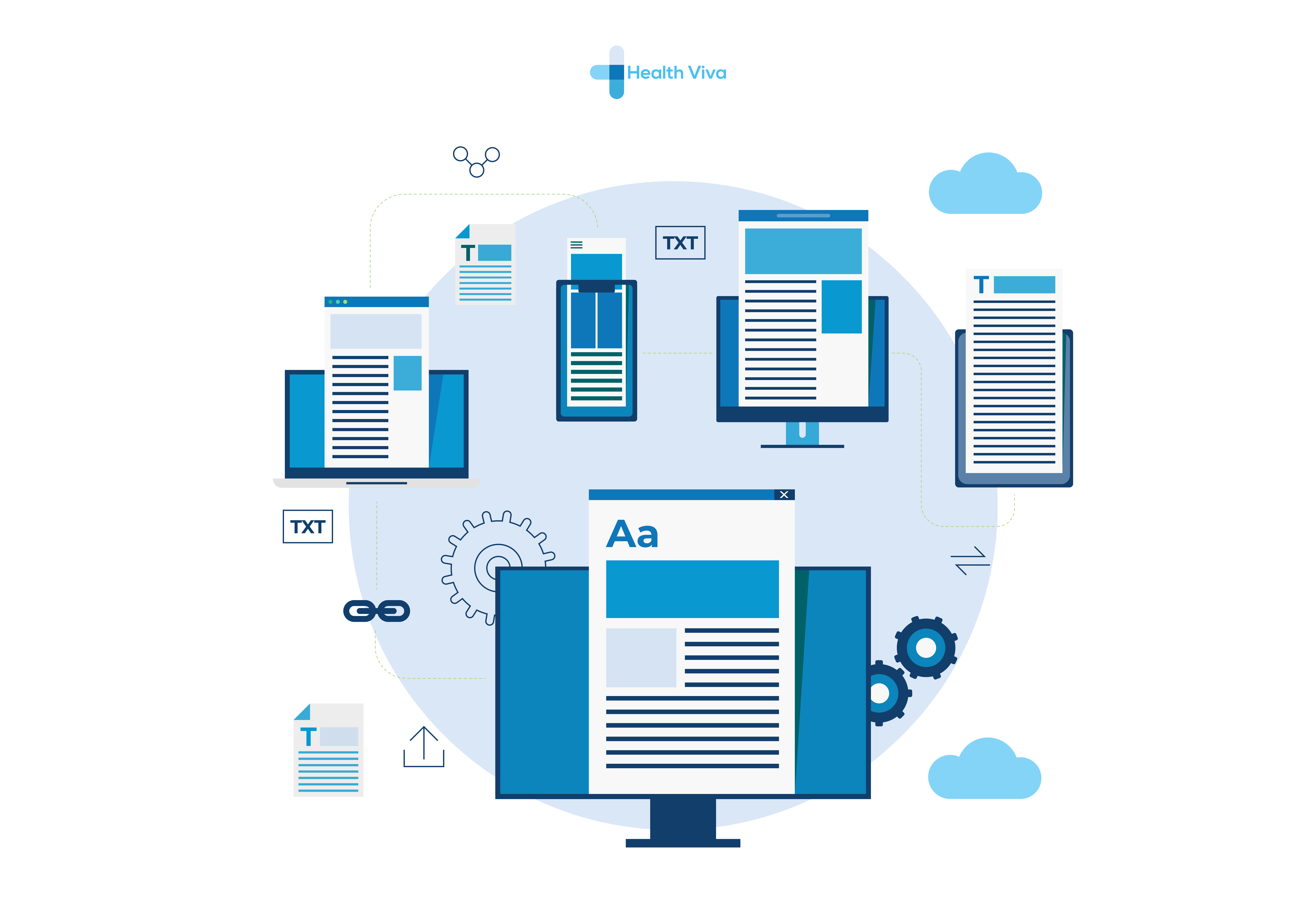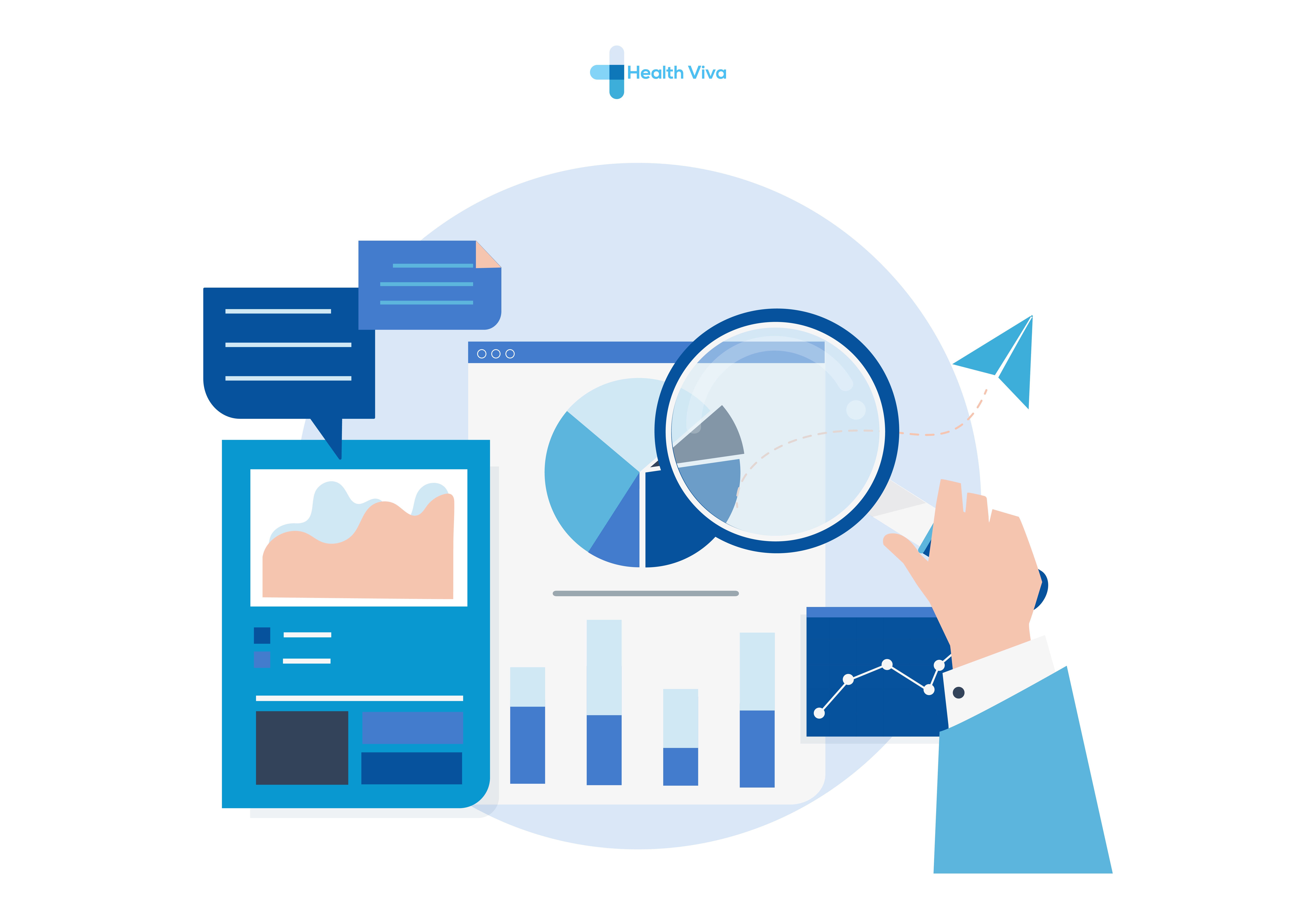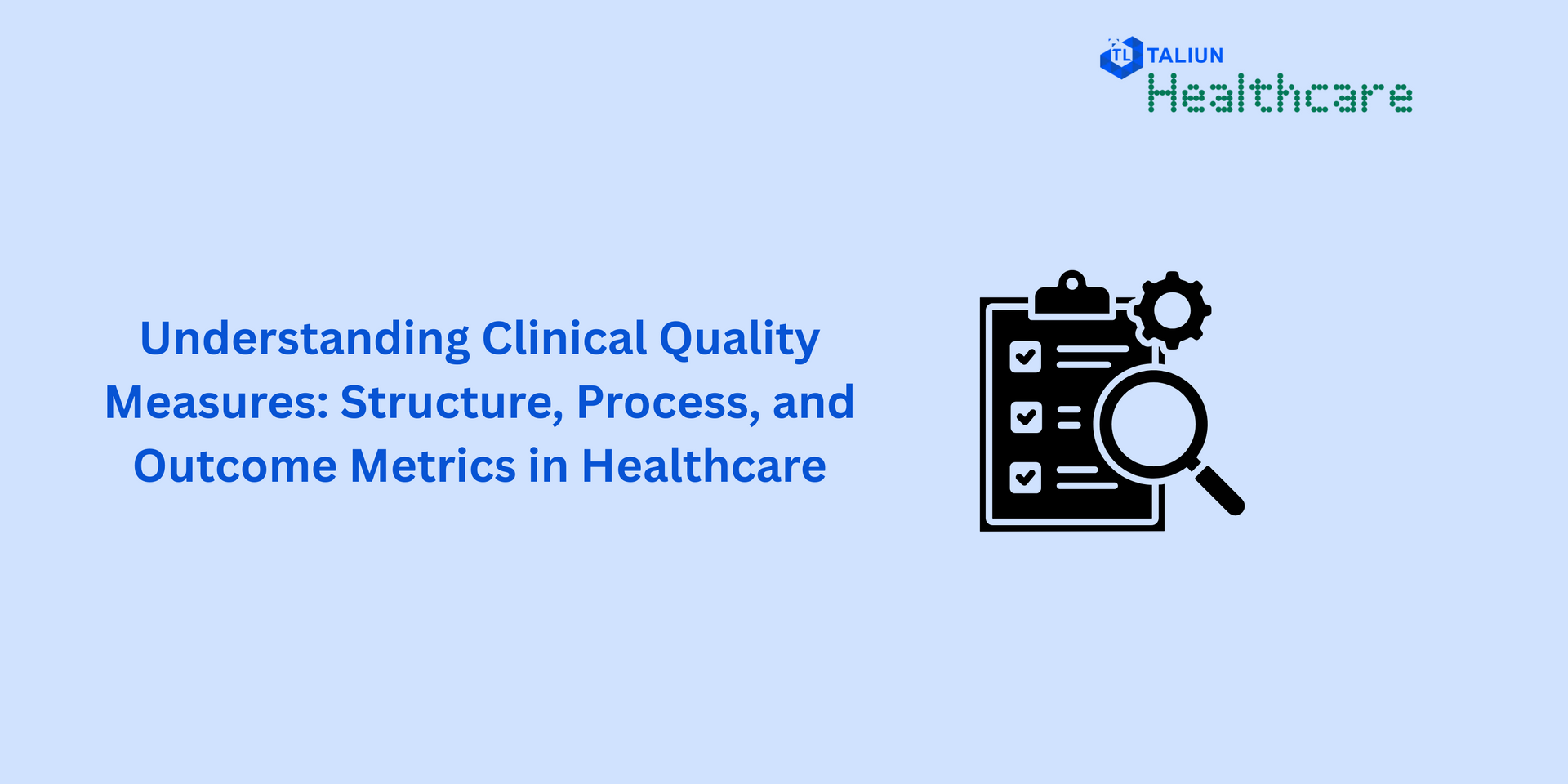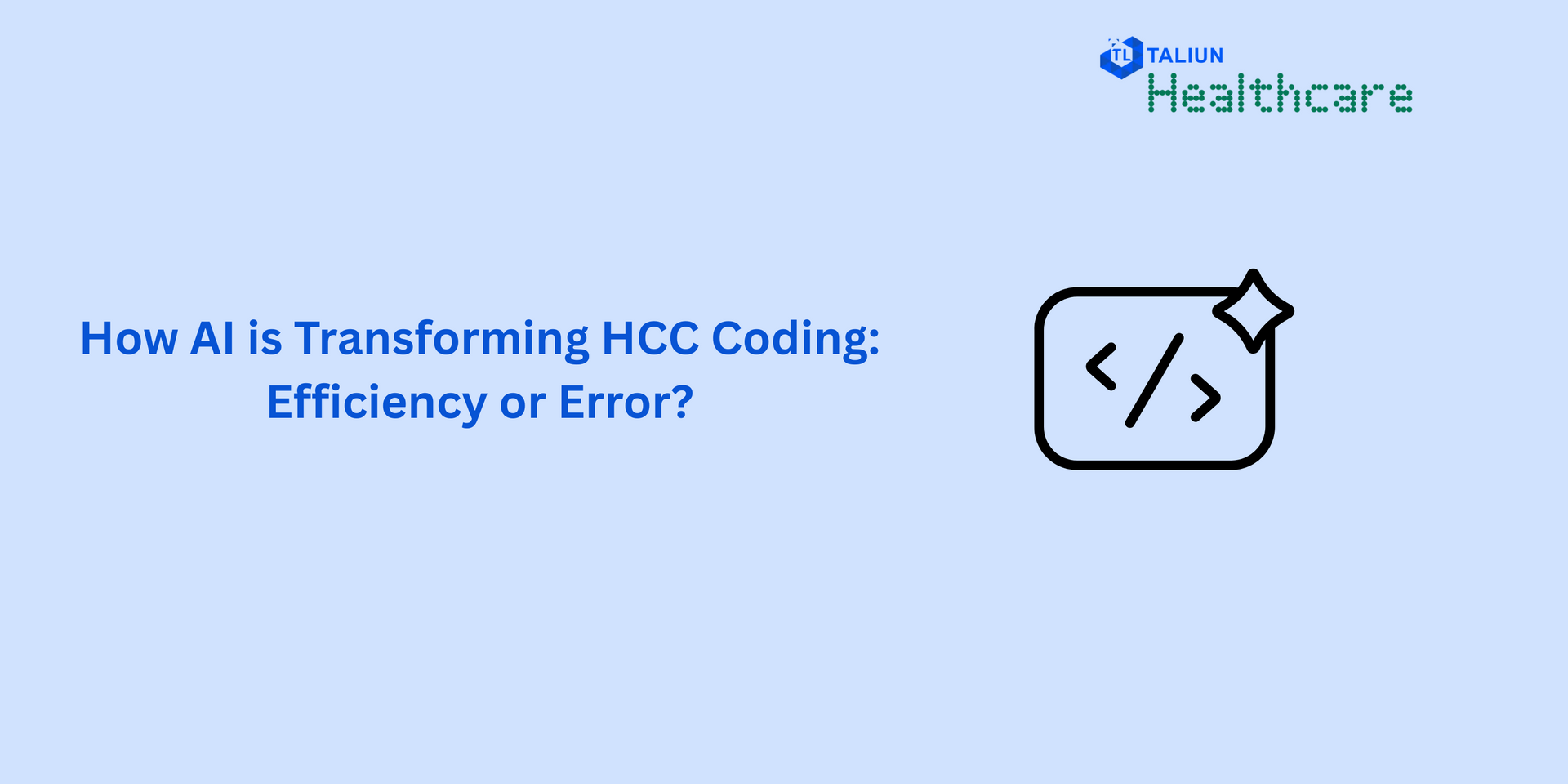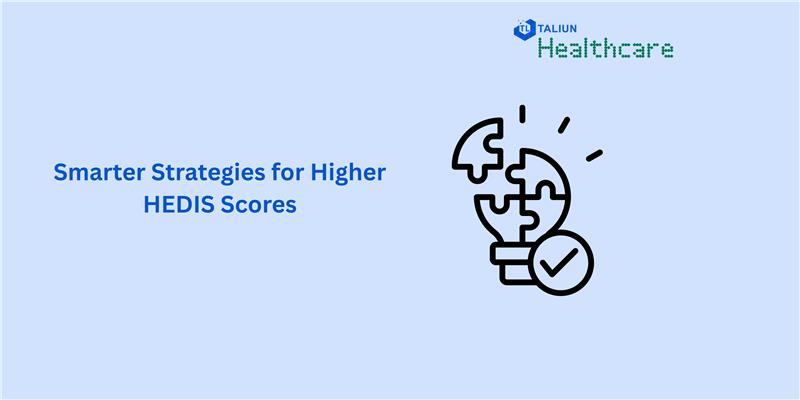Howdy!
Today we are back with a topic on building a next generation infrastructure for effective clinical trials. As clinical trial has been a complex and time-consuming affair, which accounts for very high investment, companies need to revisit different ways to conduct these trials to make them cost efficient. Below are some aspects of building a next gen clinical trial infrastructure.
1. Create a data culture which is just beyond collecting data. Successful organization always create a data culture which is around bringing informed use of data in decision making across the organization. Clinical trial setup requires organization of your data into different meaningful clusters, so that one can analyze data quickly to derive meaningful outcomes
2. Effective Data mining will save lot of re-work. Use deep learning capabilities for mining unstructured data from EHRs, clinical notes, med journals
3. Identify and build operational reports that will provide better control on your data journey.
4. Build your Quality and Risk Management System aligned with the ISPE GAMP 5 regulatory guidelines which is in compliance with your GxP requirements. As an organization, one must look at comprehensive set of solutions that offers electronic data capture, coding and data management capabilities along with eTMF and CTMS.
5. Solution must enable collaboration capabilities with different stakeholders to improve how sponsors, CROs, and site investigators can efficiently work throughout the process.
6. Building a data consortium where many companies who wishes to share data shall be brought together in single platform. However, to achieve this one must also ensure centralize data orchestration efforts, along with security and privacy of the data.
7. Engagement and increase patient participation throughout the lifecycle. One can also plan bringing patient to virtual trial sites or connecting them to an environment from a remote location. This also will help reduce patient dropouts.
8. From administration standpoint, trial sponsors must look at way to go Direct-to-Patient where all sample collection can happen from patient’s home
9. Clinical research activities are highly research driven and is dependent on identification and collection of different data types and sources like deidentified patient data, vital signs, genome sequence, blood reports, specific tumor sequences, biopsies etc.
10. Deploy AI/ML driven automation capabilities across the process that starts with study setup to study submission and navigating through the phases, thus ensuring better quality data, accurate trial results and meaningful patient outcomes
Adios!
Team Health Viva




